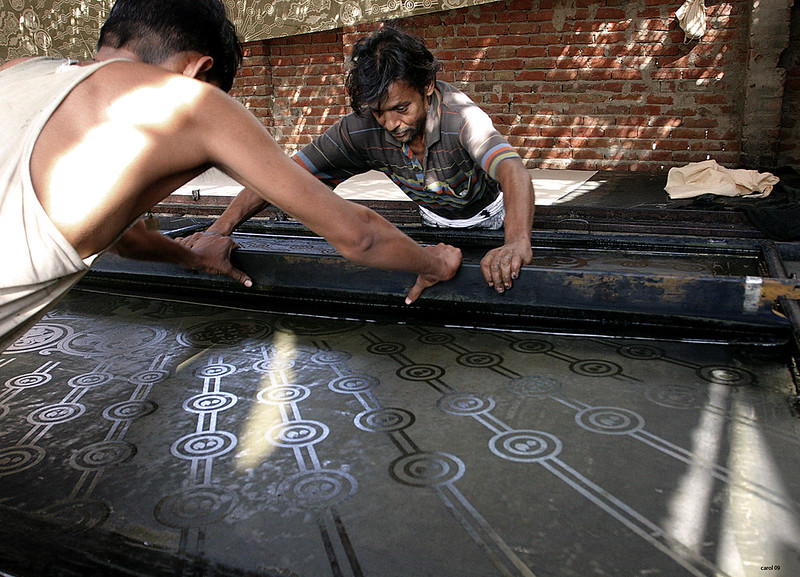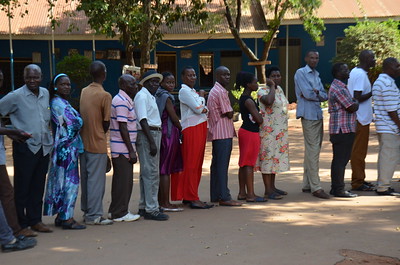

8 July 2021
By Jeanne Lazarus, CSO Money is part of every sphere of modern life. The financial crisis of 2008 affected economic and social situations in many […]
8 July 2021
By Carlo Barone, Observatoire sociologique du changement Women now outperform men in education: their rates of upper secondary and tertiary attainment are significantly higher in […]
8 July 2021
By Johannes Boehm, Department of Economics Over the last decades, researchers have pointed out that firms in developing countries are less productive than their counterparts […]
16 March 2021
Does the idea of all-powerful elites shaping public policy to align with their interests reflect reality? If so, how do they pull it off? If […]
16 March 2021
by Jean-Noël Jouzel, Jérôme Pelisse (CSO), Catherine Cavalin, Emmanuel Henry (IRISSO) A History of the Lack of Recognition for Occupational Illnesses Occupational illnesses, such as […]
16 March 2021
Like mechanization in the 19th century, innovation – and especially digital innovation – is often considered to be a job destroyer. This is not the […]
16 March 2021
New Trends, New Methods by Frédéric Audren, Law School In 2017, the tribes living along the banks of the Whanganui river, the third-largest in New […]
16 March 2021
Even in democratic systems, governments are able to bypass regular legislative processes. What are the consequences, advantages and risks? To answer this question, Sylvain Brouard […]
3 July 2020
Better understanding the state of political systems – particularly in developing countries – via methods used by economists does not appear to be commonplace. However, […]









